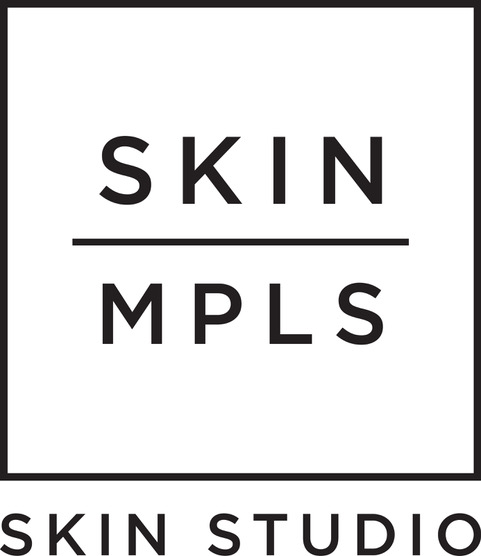Girl’s Guide to Birth Control
As the famous prophet, Beyonce once said, “Who runs the world? Girls.” But who can run us? Hormones.
The most famous acne myth is that breakouts only plague teenagers. But, unfortunately, women experience breakouts during puberty, pregnancy, menopause, and everything in between. Hormones control our oil production, making them like the “gatekeepers” of our acne. We often blame acne on hormones, which isn’t wrong (necessarily) — but it’s more accurate to look at acne as a genetic condition where hormones are one of the main (but many) factors.
Birth control is a popular treatment for acne (as we covered in this blog) and that can be a good two-in-one if you are already looking for pregnancy protection. But, some birth controls will cause acne AND, if hormones aren’t the main culprit in your acne — you will not see results from treating your skin with birth control pills. Since we aren’t doctors, we can’t give you medical advice but we will do our best to simplify what you should look for when choosing the right birth control that cooperates with your skin. (Cue “The More You Know” music and shooting star and a B-list celebrity calmly smiling and crossing their arms.)
Birth control comes in many forms these days. Pills used to be the main option, but now IUDs, the shot, the implant, and the ring are also very popular. Without getting *too medical,* hormonal birth control can be broken down into two categories. Estrogen-dominant and progestin-dominant. The degree of estrogen and progestin control the amount of testosterone-like effects. One main testosterone-like effect is acne flare-up in acne-prone people. Estrogen-heavy birth controls, on the other hand, will help lower testosterone-like effects. So, if you are acne-prone and looking for birth control, you should opt for something high in estrogen and low in progestin.
This can be gone about in a few ways. You can look into the birth control in question on your own via RxList or Google to find the drug facts. Look for the ingredients to say at least .035mg of Ethinyl Estradiol (AKA estrogen). Anything under is not ok. You can also ask your aesthetician to research it for you and share any experiences they have had with other acne-prone clients on it.
While pills are tricky because there are so many types, most other hormonal birth control formats are possible acne triggers, as well. This includes the two main brands of hormonal IUDs, the Depo-Provera shot, NuvaRing, and also Nexplanon. They are all high in progrestin and low in estrogen, meaning we don’t recommend them for acne concerns.
Always talk to your doctor and be sure to talk comprehensively about any and all physical and emotional concerns you may have though. They may have greater reasons to advise a non-acne-friendly option — and physical and mental health and wellness definitely outweigh skin concerns, in our opinion. But, take the time to understand and express other questions, if you have them. Not everyone who is acne-prone will have a negative response, so it isn’t always a major concern.
Our bodies truly are a wonderland, but managing our reproductive health often feels a lot less sexy than a John Mayer song. Issues like acne, PCOS, endometriosis, miscarriages, mood swings, heavy bleeding, etc. are so common among all of us these days. So, please ladies, don’t be afraid to share these things with us! We stand on the side of “it’s never TMI.” And the more we all talk about all of this, the more advances that will be made on behalf of women’s health.
Again, we want to reiterate that we aren’t doctors, but we are advocates for clear and glowing complexions. And while we can’t control your hormones, we can battle them head-on so that the effects don’t show on your skin.
